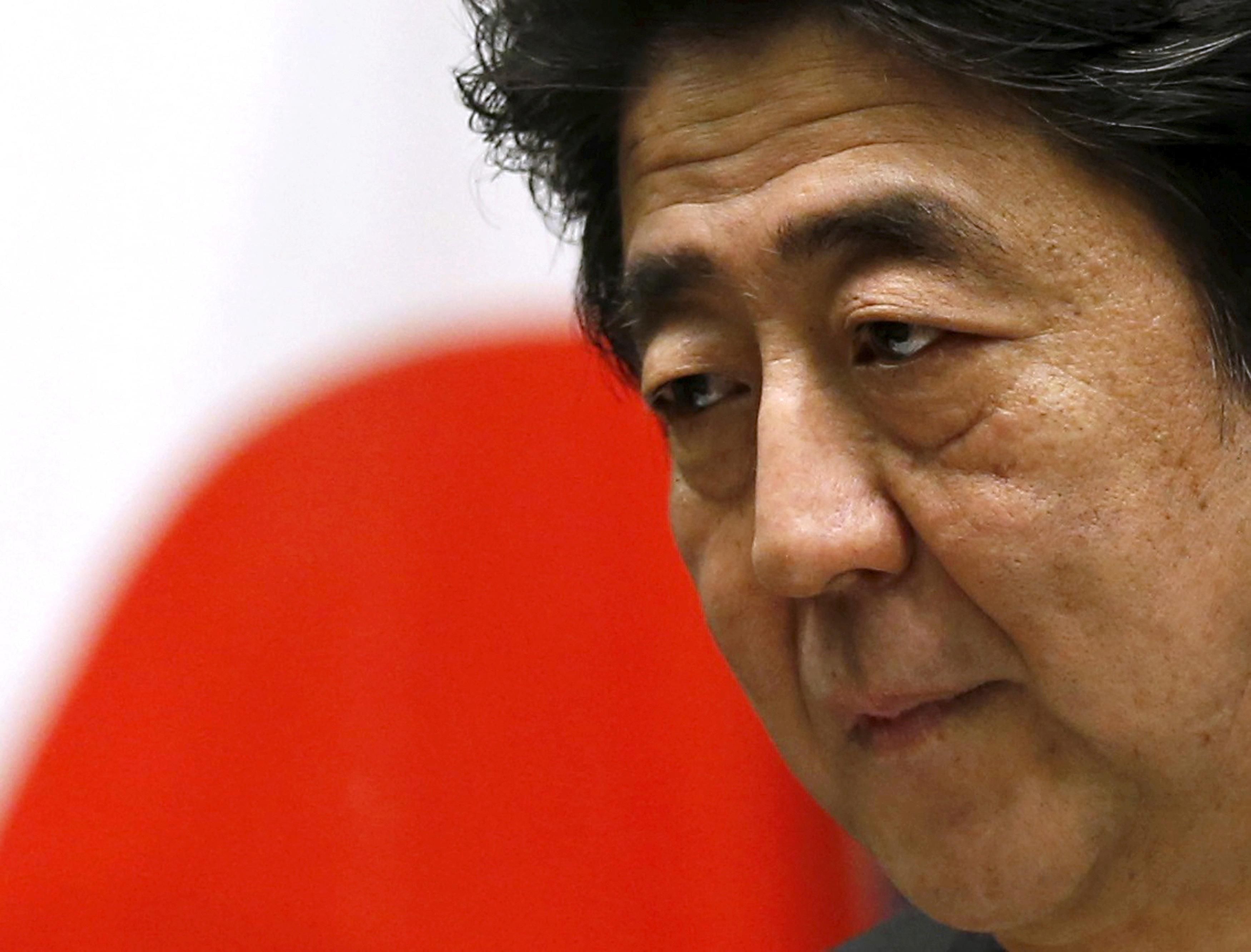Japan is reeling after its longest-serving Prime Minister Shinzo Abe, 67, was assassinated Friday while delivering a speech in the city of Nara, 10 miles east of Osaka.
Abe was shot in the neck while campaigning for a Liberal Democratic Party colleague ahead of Sunday’s elections for Japan’s upper house of Parliament. After receiving a blood transfusion over several hours, the former PM, who served two stints before resigning two years ago due to a health condition, was pronounced dead.
“Abe’s return to be prime minister in 2012, after his failed stint in 2006-2007, is a remarkable comeback story by any measure," says David Boling, Eurasia Group's Japan program director. This was a particularly big deal in Japan because the country "is not usually considered to be a 'second chance’ society," Boling explains. "Abe was able to return to the premiership for a second chance through his grit, focus, and determination.”
Japan’s non-existent gun problem. It was an extremely rare event in a country with some of the world’s strictest gun laws.
Japanese citizens must undergo a lengthy and expensive screening process to obtain a firearms license – including approval from a medical professional. They must also take an exam every three years to renew their license and keep their weapon. Even gun enthusiasts in Japan support these stringent measures. (In 2020, there were 192,000 firearm licenses in a country of 128.5 million people, most of which were for shotguns and hunting weapons.)
What do we know? A 41-year-old man who formerly served in the Japanese navy has been taken into custody. Japan’s Prime Minister Fumio Kishida cautioned against rumors and innuendo, saying the motive was still unknown.
Abe’s legacy. Abe, a conservative and the youngest PM elected in postwar Japan, was known for elevating Japan’s status on the global stage, bolstering US-Japan relations, and for adopting a more assertive foreign policy vis-à-vis China.
Crucially, as a Japanese nationalist, Abe pushed his country to take up a more robust military posture. He wanted to reform Japan’s pacifist postwar constitution, and his successor PM Kishida has followed through on this, vowing to oversee a “considerable increase” in Japan’s defense budget, a move now backed by most of the country. The LDP, which has governed Japan for most of its postwar history, is looking to expand its parliamentary majority in Sunday’s election — perhaps enough to pass these structural reforms to the constitution.
Abe is also seen as largely responsible for Japan’s economic revival after the collapse of the country’s asset bubble in the 1990s. His signature economic policy – dubbed “Abenomics” – championed super low interest rates and sought to address the country’s rapidly aging population by expanding the workforce. (It also left the country with a massive debt-to-GDP ratio.)
There has been an outpouring of international grief over Abe’s murder – from the right and left, from democratic and authoritarian regimes alike – reflecting deep respect for his political savvy and dedication to getting things done for Japan.
- Japan's assertive foreign and economic policy reflect Abe's legacy - GZERO Media ›
- Japan’s history of political assassinations - GZERO Media ›
- How Shinzo Abe's positive legacy could shape Japan's future - GZERO Media ›
- How did Shinzo Abe change Japan, and the world? - GZERO Media ›
- Grief & controversy in Japan for Shinzo Abe's state funeral - GZERO Media ›
- Grief & controversy in Japan for Shinzo Abe's state funeral - GZERO Media ›
- Podcast: As Japan reels: examining Shinzo Abe’s legacy & Japan’s future with his friend and adviser - GZERO Media ›
- Shinzo Abe’s goal of militarization & PM Kishida’s “golden opportunity” to reform Japan - GZERO Media ›
- Assassinated! Japan’s grief & how Shinzo Abe’s goals will shape Asia - GZERO Media ›
